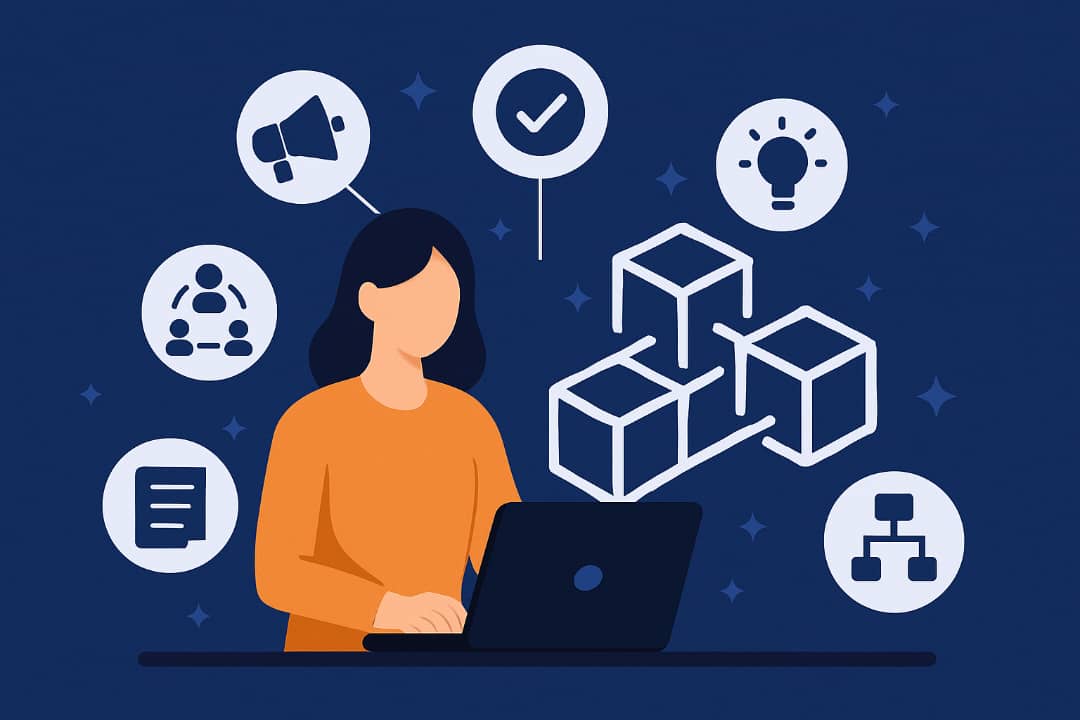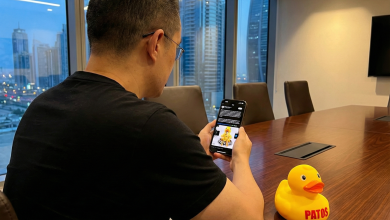Do You Need to Code to Work in Web3?


Do You Need to Code to Work in Web3? A Complete Overview
When people think of Web3, they often imagine lines of code flashing across a developer’s screen. That raises the large question for anyone curious about this new internet era.
Do you need to code to work in Web3?
Although coding skills are valuable for developer positions, the blockchain industry that do not require programming knowledge.
Key Takeaways
• Coding is not mandatory for building a career in Web3. it is only essential if you plan to work as a Web3 developer.
• Non-technical roles such as marketing, writing, design, legal services, and product management are equally significant in the blockchain industry.
• Skills like communication, adaptability, and collaboration are just as valuable as technical knowledge in Web3 jobs.
• The Web3 ecosystem thrives on diversity, which means it welcomes not only coders but also builders, storytellers, and strategists.
• Above all, curiosity and a willingness to learn are the most significant traits you can bring into the Web3 space.
The Role of Coding in Web3
First of all, let’s take a look at the role coding plays in Web3. Coding is what keeps the entire ecosystem alive. Developers write smart contracts that run decentralized applications (dApps), design protocols that secure blockchains, and build the tools that allow users to interact with digital assets.
If your goal is to become a Web3 developer, coding is a must. You’ll need to learn languages like Solidity for smart contracts, Rust for blockchains such as Solana, or JavaScript and Python for building apps and integrations.
But while coding is the backbone, it’s not the whole body. A project can have a perfectly written code, yet still fail if no one can explain it, market it, design a usable interface, or guide it through legal frameworks.
This is why coding is only a single component of the web3 ecosystem and why so many people succeed in this industry without ever writing a single line of code.
Non-Coding Careers in Web3
One of the most exciting aspects of the industry is that it creates opportunities for people from diverse professional backgrounds.
Not everyone in Web3 has to be a developer. In fact, many projects would collapse without people who bring other skills to the table. Here are some of the most significant non-coding roles that keep the ecosystem alive.
1. Community Management
Every successful Web3 project has a strong community behind it. Community managers build trust, answer questions, and keep users engaged on platforms like Discord, Telegram, or X (Twitter). They are often the bridge between developers and the public.
2. Content and Technical Writing
can feel complex and intimidating. Writers make it easier to understand by creating blogs, guides, and documentation that explain concepts in simple,clear and concise ways. Clear writing assists projects attract new users and gain credibility.
3. Marketing and Growth
Even the best protocol won’t succeed if nobody knows about it. Marketers assist raise awareness, run campaigns, and design strategies that drive user adoption. In Web3, growth is often about storytelling and showing people why a project matters.
4. Product Management
A product manager connects the dots between developers, designers, and users. They make sure that Web3 tools and apps don’t just work, but also meet real user needs. Think of them as coordinators who turn ideas into products people actually want to use.
5. Design (UI/UX)
Code powers dApps, but design makes them usable. UI/UX designers create layouts, interfaces, and experiences that make decentralized apps feel intuitive instead of confusing. Their job is to make blockchain tools look excellent and feel simple.
6. Legal and Compliance
Web3 operates in a quick-changing regulatory environment. Lawyers and compliance experts assist projects avoid legal trouble, structure token sales correctly, and navigate global rules. Without them, even promising projects could run into major risks.
So, What Can Distinguish You in Web3?
Now that we’ve viewn the non-coding careers in Web3, let’s look at the intrinsic skills that can distinguish you and assist you stand out from the crowd.
• Understanding Blockchain Fundamentals
This assists you communicate effectively and contribute meaningfully, even in non-technical roles.
• Strong Communication Skills
This enables you to explain complex concepts clahead to teammates, users, and stakeholders.
• Adaptability and Continuous Learning
This skill is very essential because Web3 evolves quicker than almost any other industry and you have to be up to date.
• Collaboration and Team work
Most projects are global and remote, so teamwork across diverse environments is key.
Final Thoughts
So, do you need to code to work in Web3? Not necessarily.
Coding is a powerful skill for those who want to build and engineer blockchain answers, but it is far from the only path. Many of the most rewarding Web3 careers are in non-technical fields where creativity, strategy, and communication matter just as much as code.
The key is to stay curious, keep learning, and recognize that Web3 is a space where diverse skills come together to define the future of the web. Whether you code or not, there is a place for you in the decentralized world.






